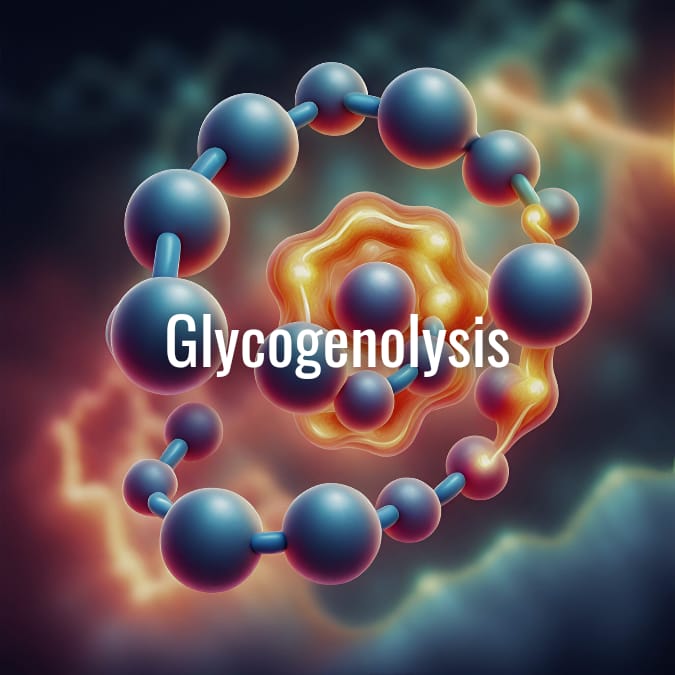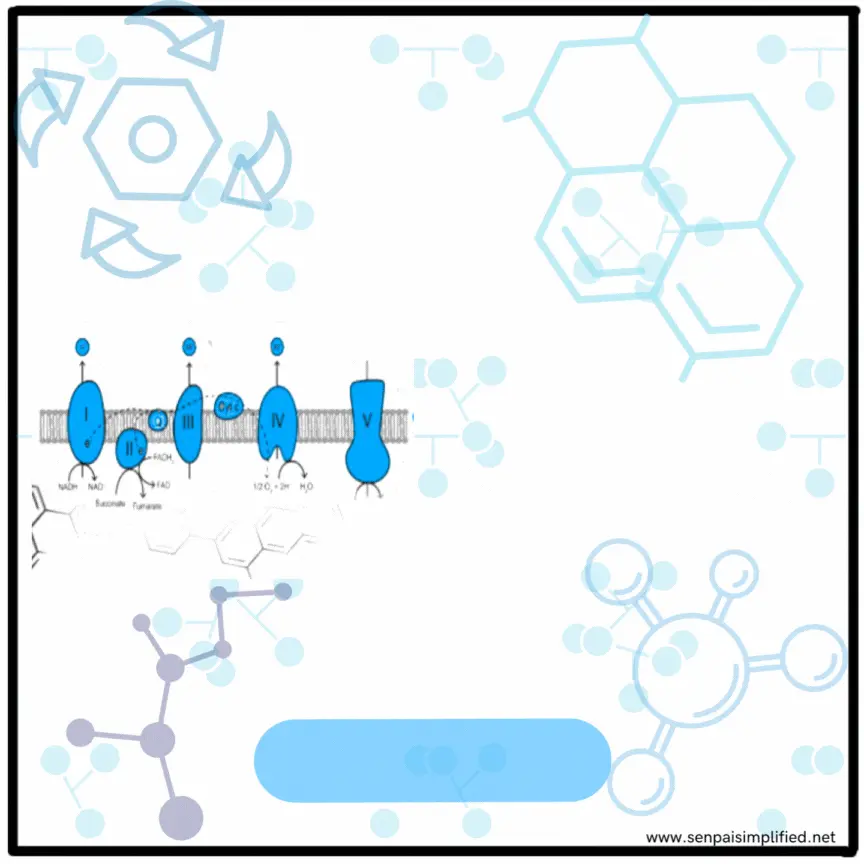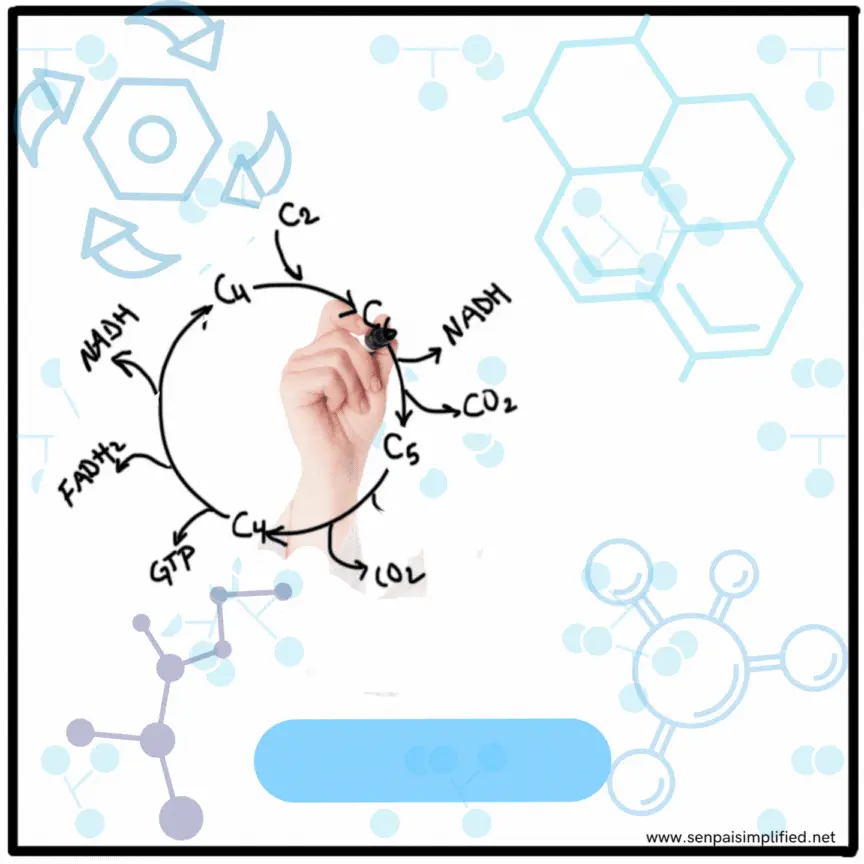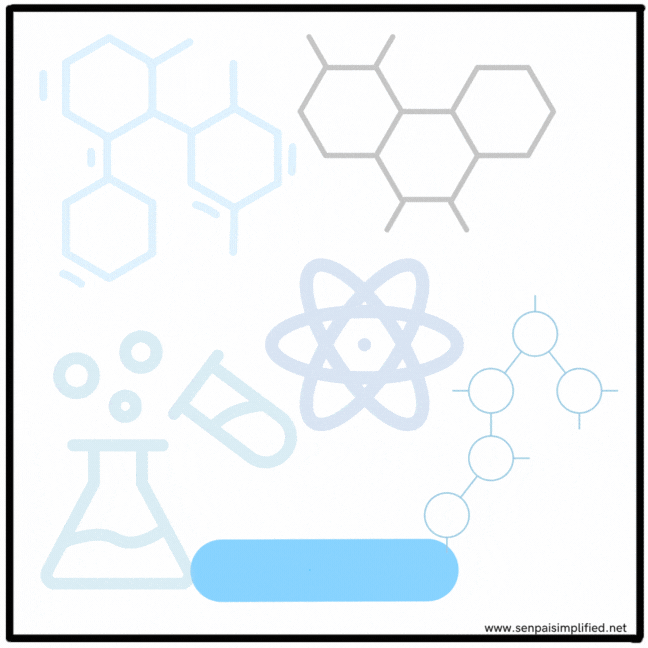-
Biochemistry of Carbohydrates
Carbohydrates are essential biomolecules that serve as a major source of energy and play vital roles in various biological processes. Understanding their biochemistry provides insights into their diverse structures. This article explores the fundamental aspects of carbohydrate biochemistry, shedding light on their significance in biological systems. Structure of Carbohydrates Carbohydrates are the most abundant compounds Continue reading
-

How Does Diabetes Mellitus Cause Cataracts ?
Diabetes mellitus type 1 and 2 can cause cataracts. In this article, we are going to take a look at the mechanism by which diabetes causes cataracts. The diabetic cataract mechanism involves the aldose reductase pathway. What happens in a Healthy Individual? The following figure shows what happens when a healthy individual eats a high Continue reading
-

Fructose Metabolism: Pathways and Clinical Implications
Fructose, a common sugar found in fruits, honey, and corn syrup, undergoes unique metabolic processes in the body. This article delves into the intricacies of fructose metabolism, exploring its synthesis, entry into cells, clinical implications, and associated disorders. Synthesis While fructose is not synthesized in the liver, it plays a vital role in seminal vesicles Continue reading
-

Glycogenolysis
Glycogenolysis is a vital process in the body that is responsible for breaking down glycogen, a complex carbohydrate stored in the liver and muscle, into glucose. This process plays a crucial role in maintaining glucose homeostasis and occurs in two major sites: the liver and muscle. Overview of Glycogenolysis Shortening of Chains Removal of Branches Continue reading
-

Pentose Phosphate Pathway
The Pentose Phosphate Pathway (PPP) AKA Hexose Monophosphate Shunt (HMP Shunt) sounds complicated. But, it’s a series of chemical reactions that cells use to process sugars. Let’s break it down into simple, easy-to-follow steps. There are two main parts: the oxidative pathway and the non-oxidative pathway. Each plays a unique role in keeping your cells Continue reading
-
Gluconeogenesis
Gluconeogenesis is the process by which glucose is synthesized from non-carbohydrate precursors under fasting conditions. The three main precursors for this process are lactate, glycerol, and glucogenic amino acids. Initially, the liver is the main organ responsible for gluconeogenesis, but during prolonged fasting, the kidney becomes the main organ. While gluconeogenesis is the opposite of Continue reading
-

Electron Transport Chain
The electron transport chain (ETC) is a series of protein complexes that are responsible for the production of energy in the form of ATP. Proteins facilitate the transport of ATP, ADP, and Pi in and out of the cell. Additionally, NADH enters through two shuttle systems. One simpler method involves the transporter for malate, bringing Continue reading
-

Kreb’s Cycle
The Krebs cycle, also known as the citric acid cycle or the tricarboxylic acid (TCA) cycle, is a vital part of cellular metabolism. It is an aerobic pathway that occurs in the mitochondrial matrix and on the inner mitochondrial membrane. The cycle links carbohydrate, lipid, and protein metabolism and is considered an amphibolic and anaplerotic Continue reading
-

Glycogenesis
Glycogenesis is the process by which glucose is stored in the form of glycogen, mainly in the liver and muscle. The glycogen stored in the liver is used for glucose homeostasis, while that stored in muscle is mainly for its own use. The process of glycogenesis occurs in the cytosol and requires ATP. It is Continue reading
-

Fates of Pyruvate
This Article Discusses the different chemical pathways pyruvate can enter after glycolysis, and the conditions in which each reaction happens Continue reading